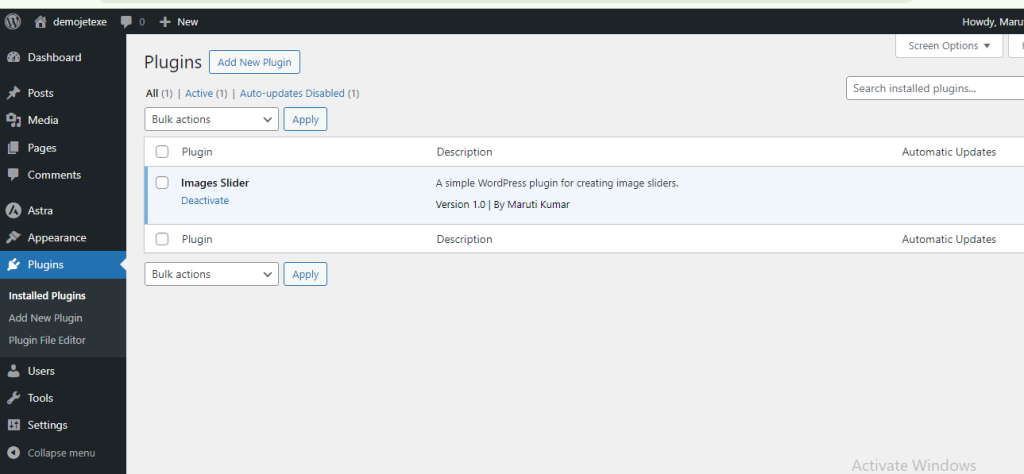
What is Plugin?
A plugin is a software component that extends or enhances the functionality of an existing software application. It is typically created separately from the core application and can be installed and utilized as an extension. Plugins enable users to customize or add specific features, functionalities, or services to an application without modifying its original code.
The basic principle behind plugins is simple: Developers create small pieces of software and add them to computer programs, mobile applications, or websites to improve functionality. A plugin can accomplish this without significantly increasing resource use or compelling primary software developers to offer ongoing plugin support. Instead, plugins make use of publicly-available code structures that allow them to interface with existing software tools.
What is the benefit of Plugin?
The benefits of using plugins include:
- Extend Functionality: Plugins add features that core software might lack, like advanced photo editing tools, grammar checking for writing, or social media integration for websites.
- Enhance User Experience: They personalize how you interact with software, adding convenience features like ad blockers, password managers, or custom UI layouts.
- Increase Efficiency: Plugins can automate tasks, like scheduling social media posts or importing data between applications, saving you time and effort.
- Bridge Gaps: They enable communication between different platforms, allowing you to display content from one app within another or share data seamlessly.
- Cost-Effectiveness: Plugins offer specific functionalities without needing to buy entirely new software, making them a more affordable option.
What is the Disadvantage of Plugin?
Plugins also have some downsides:
- Security Holes: They can leave your site vulnerable. Not all plugins are regularly updated or built to the highest standards and these plugins can leave your site vulnerable to hacks.
- Functionality Limit: Part of the trade-off with using a plugin is that you are limited to what the plugin offers and which settings it lets you change.
- Conflict with Each Other: It is not unheard of for plugins to have compatibility issues with other plugins on your site. This could result in broken functionality or even your site going down.
- Page Speed Slow Down: Plugins can affect page speed because they often require additional CSS and JavaScript files to be loaded on the page
Why We Make Plugins ?
Here are some region for making plugins:
- Solve Specific Problems: Developers create plugins to address user needs not met by existing software, offering targeted solutions.
- Monetize Expertise: Developers can sell premium plugins with advanced features, generating income from their skills and efforts.
- Contribute to Open Source: Many plugins are available for free as open-source projects, driven by passion and community collaboration.
- Expand Creativity: Plugin development allows developers to explore new possibilities and enhance existing software experiences.